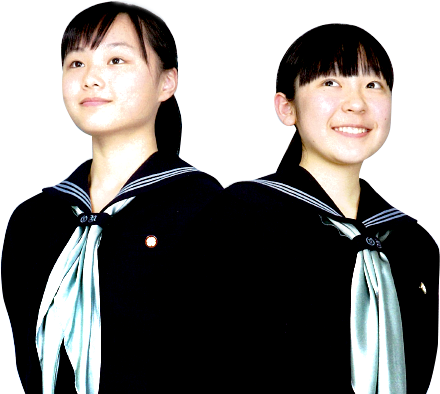「世界」に向けて、何が出来る?”What can we women do to change the world?”
何のために、学んでいるのだろう。
今の自分、未来の自分には、何が出来るのだろう。
妻中生の目は今、広い世界へと向かい始めています。
「世界」をステージに活動する、とはどんなことなのか、
今日は特別ゲストをお招きし、実際の活動について
くわしいお話を伺う、貴重な機会です。
国連で40年尽力された池上清子さんが登壇されると、
やわらかな語り口や優しい笑顔に、「世界」を畏れ多く
とらえて身構えていた妻中生たちの雰囲気がスッと
やわらぎました。
特に「女性」にスポットをあてた世界の現状やそれに
対する取り組みなど、わかりやすく丁寧なご説明で
時間はあっという間に過ぎていきます。
お話の最後で池上さんが出してくださった宿題は
非常に印象深いものでした。
グローバル社会を生きる上で「平等」と「公平」の
違いを考えなければなりません。
日本語でも、英語でも、その他の言語でも使い分け
られる「平等」と「公平」。
グローバル社会で大切なのは「公平」であること。
さて、「平等」と「公平」はどう違うのでしょうか。
考えてみましょう。
新しい学年の始めに出された素晴らしい宿題。
この答えに向かって、明日からまた、学びの日々が
始まります。
"What can we women do to change the world?"
We sometimes ponder upon what the purpose of studying is? What can we do now or in the future?
Otsuma Nakano girls are opening their eyes toward the world, and they wonder what they can do to change the world.
Today Otsuma Nakano had a special guest for its lecture meeting.
The guest was Dr. Kiyoko Ikegami, Professor of Nihon University Graduate School of Social and Cultural Studies.
She gave her lecture to 3rd and 4th grade students in the gymnasium, and the lecture was simultaneously broadcast through U-Stream to each classroom of the rest of grades.
First, the students in the gymnasium were a little bit nervous since the lecture title sounded so difficult. However, as the lecture started, they felt relaxed and intensively listened to the lecture because her lecture was so interesting and easy to understand.
Dr. Ikegami worked for the United Nations for 40 years. In the lecture, she focused on how women contributed to solve the world's problems.
Time went so quickly. At the end of her lecture, she gave the students a piece of homework: "People in the world are equal, but how can we be fair to everybody in the global society?""What is the difference between "being equal" and "being fair?"
Otsuma Nakano students are now asked to answer these questions. They will set out to find their answer very soon!



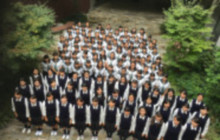
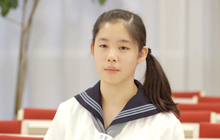
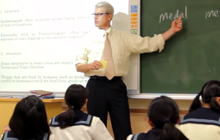


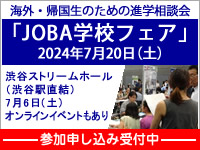
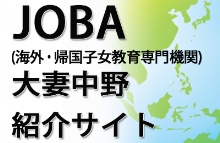
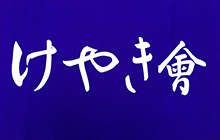
 facebook
facebook youtube
youtube LINE
LINE twitter
twitter